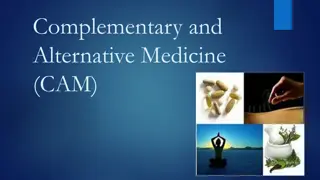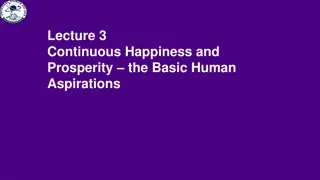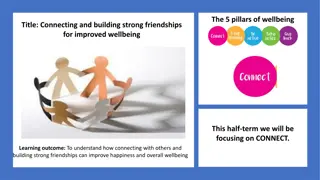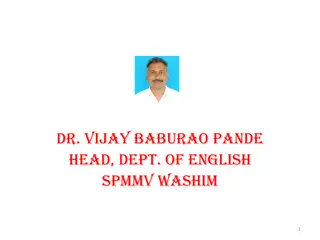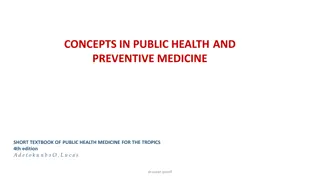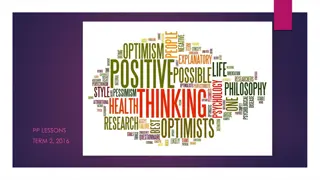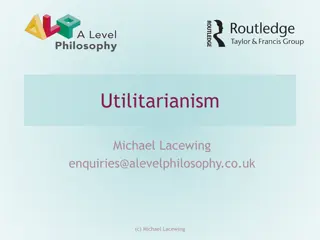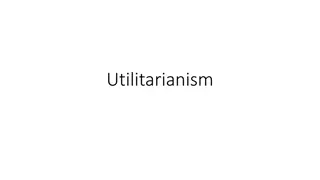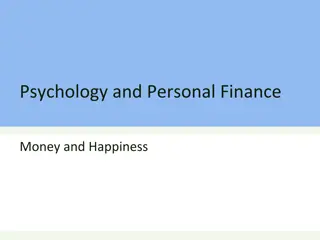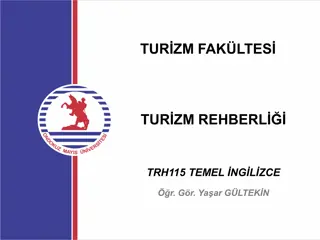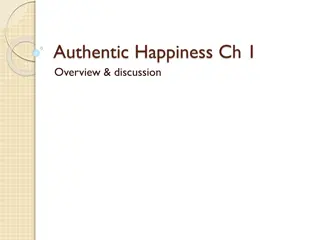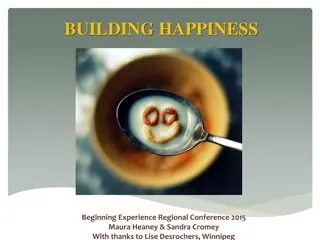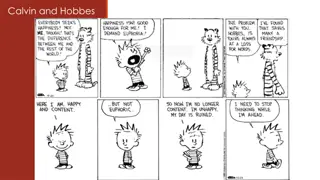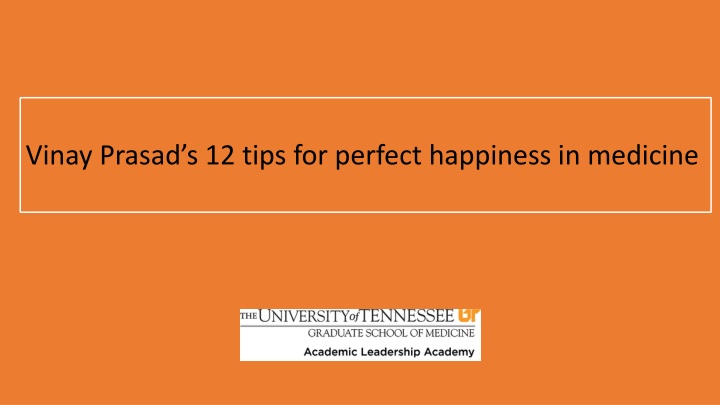
Vinay Prasad's 12 Tips for Perfect Happiness in Medicine
Vinay Prasad, MD, MPH, shares insightful tips for finding happiness and fulfillment in the field of medicine. Through practical advice and thought-provoking insights, he addresses important aspects such as self-worth, career choices, work-life balance, and personal growth. These tips serve as a guiding light for healthcare professionals seeking a meaningful and joyful journey in their medical careers.
Download Presentation

Please find below an Image/Link to download the presentation.
The content on the website is provided AS IS for your information and personal use only. It may not be sold, licensed, or shared on other websites without obtaining consent from the author. If you encounter any issues during the download, it is possible that the publisher has removed the file from their server.
You are allowed to download the files provided on this website for personal or commercial use, subject to the condition that they are used lawfully. All files are the property of their respective owners.
The content on the website is provided AS IS for your information and personal use only. It may not be sold, licensed, or shared on other websites without obtaining consent from the author.
E N D
Presentation Transcript
2. Things you dont want to do matter less than you think.
9. If you achieve everything you want you will be the 2,245,234,235th most important person who lived; if you fail at everything you will be the 2,245,234,236th most important.
12. Spend less time wanting to be known, and more time having something to say.
Vinay Prasad, MD, MPH BA - Michigan State University 2005 MD - University of Chicago 2009 Internal Medicine residency Northwestern University 2012 MPH Johns Hopkins University 2014 Oncology fellowship National Cancer Institute 2015 Hematology fellowship National Heart, Lung, and Blood Institute 2015 Faculty at Oregon health & Science University 2015 2020 Faculty at University of California San Francisco 2020 - present
Wellness Wellness Well-being, prudential value or quality of life, refers to what is intrinsically valuable to someone. Wellness is what is ultimately good for an individual, what is in the self-interest of a person. Hedonistic theories equate well-being with the balance of pleasure over pain. Desire theories hold that well-being consists in desire-satisfaction: the higher the number of satisfied desires, the higher the well-being. Objective list theories state that a person s well-being depends on a list of factors that may include both subjective and objective elements.



